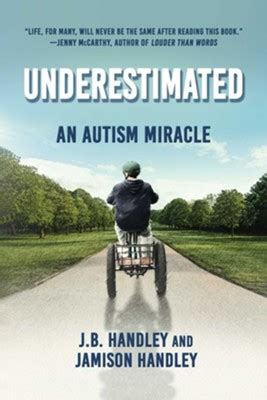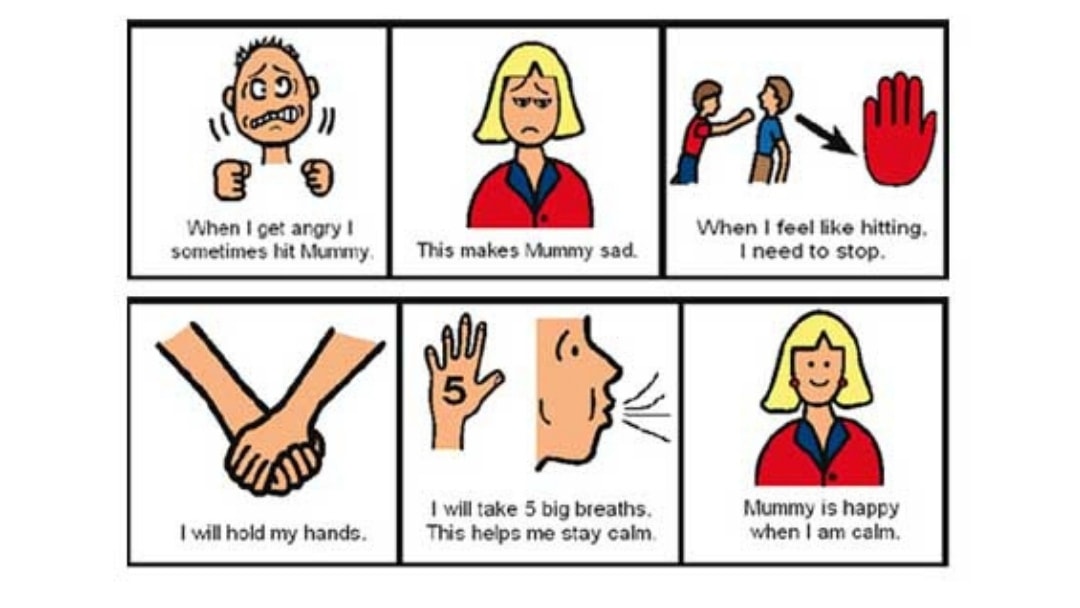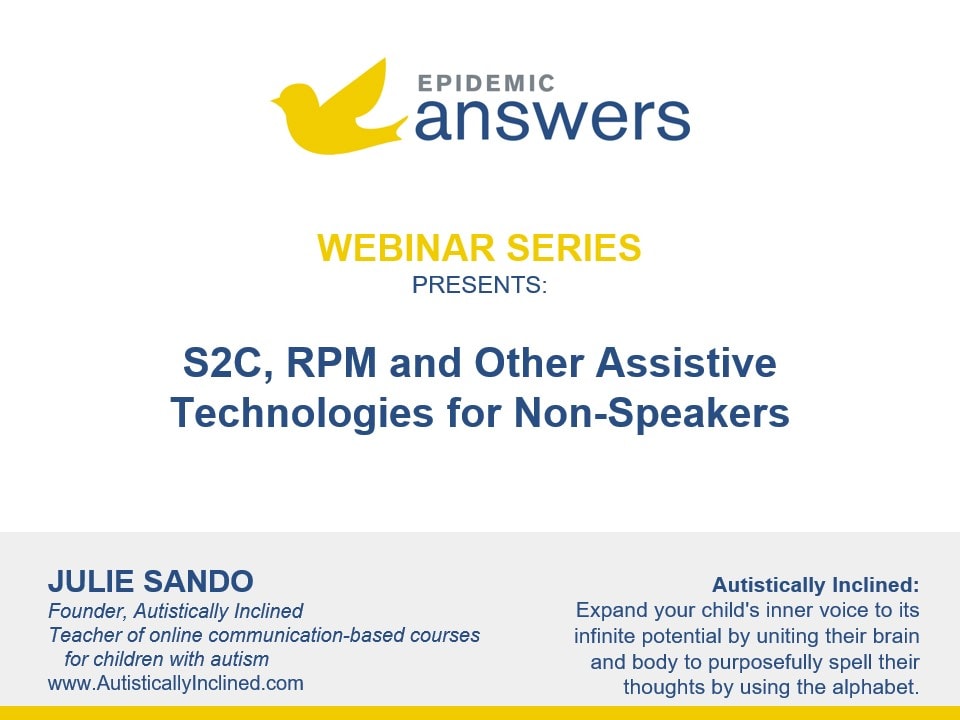In this blog post, originally titled “Say Hi to Patty”, Patricia S. Lemer focuses on autism, ADHD, developmental delays, Sensory Processing Disorder and appropriate social skills.
The emergence of appropriate social skills is the final step on the path to resolving developmental delays. Almost daily at my office, I welcome parents and their children who come for testing. As they enter, inevitably I hear, “Scott, say hi to Patty.” Scott may act dutifully, repeating the words rotely, without eye contact – or he may be mute. In the first instance, the parent is relieved; at least he talked. In the latter, he may be embarrassed.
Appropriate Social Skills: The Last Frontier
Social skills lag behind until the child’s immune system works better, motor skills strengthen, language emerges, reading and mathematics develop, and handwriting becomes legible. When social skills get scant attention, inappropriate or poor interactions are the result.
Recognizing that their child has few friends is painful for parents. Imagining how his social awkwardness might affect job performance is frightening.
Parents read in the classic Emotional Intelligence, by Daniel Goleman, that social intelligence is a better predictor of success than SAT scores. They realize that most people with disabilities lose jobs because of social-emotional, rather than skill, deficits.
How does a child recognize that when he meets a new person, he must first say “hello”? Through modeling? Training? Therapy groups? Yes, these all help. But for a child to really own his behavior, he must initiate social interactions from the inside out. And how does he learn that? Through his senses!
The Role of Sensory Processing
Three systems are crucial for good social-emotional development: touch, balance and vision. In her best-seller, The Out-of Sync Child, Carol Kranowitz emphasizes the role of a well-regulated tactile system for getting along well with others.
Lacking good regulation, “the child with tactile defensiveness sends out signals that he is unfriendly and prefers to be left alone.” But he may just be employing a healthy protective mechanism that keeps people from violating his oversensitive touch system.
Thus, Scott may sense that if he says “hi” to me, I might take the greeting further with a handshake, hug or kiss, which he could find intolerable.
How does balance affect saying hello? An efficient balance system allows a child to feel grounded and know where his body is in space. When one is gravitationally insecure, feeling emotionally secure is difficult, if not impossible. Cautious interactions could indicate vestibular dysfunction (balance problems).
And because the vestibular system is physiologically connected to the language center of the brain, children with balance issues often have trouble expressing themselves. Scott may be unable to keep himself grounded and say hello at the same time.
Vision is another key to social interaction. Children must not only see another person, but also be able to give appropriate meaning to subtle facial expressions and gestures. They must be able to focus on the person’s face, not in front of her or over her shoulder. They must be able to judge appropriate “social distance” for conversation.
Both focusing and depth perception occur only when the’ eyes work well together. Lack of good eye contact could be a sign of binocular dysfunction, not social inhibition. Perhaps Scott has double vision. Not looking at me may be easier than simultaneously unscrambling the competing visual images and interpreting my words.
Take a Developmental Approach
Develop is the important word here. Epidemic Answers takes a “developmental” approach to social skills as well as to motor and language skills. We must crawl before we walk, babble before we talk, and feel good about ourselves before we can consider others.
When program planning, professionals must give more weight to a child’s level of social-emotional development than to chronological age. Children are as old as they act. As their sensory processing systems mature, so will their social interactions.
Parents who intervened socially – and appropriately – for their young child must change their behaviors gradually as the child’s social skills emerge. To watch a beloved child botch an important social interaction is difficult and sometimes embarrassing.
But this is how a child learns: by doing, not by being done for. Good sensory integration is imperative for appropriate social interactions. If we train social skills from the outside in, rather than let children develop them from the inside out, we teach them to distrust their own sensory processing. How much better to allow social skills to develop in tandem with good sensory integration!
Autonomy is the great gift we wish for our children. We want them to feel secure, grounded, and confident enough to be able to step into a new place and spontaneously say “hi” to Patty.
About Patricia S. Lemer LPC MEd
Patricia S. Lemer is a licensed professional counselor, holding a Masters of Education in counseling and learning disabilities from Boston College and a Masters in Business from Johns Hopkins University. She practiced as an educational diagnostician for over 40 years.
She was a co-founder and served as Executive Director of the international non-profit organization Developmental Delay Resources (DDR). After DDR merged with Epidemic Answers, she became Chairman of the Board. When she retired from the board, she became an emeritus board member.

She is the author of three books, the most recent of which is Outsmarting Autism, Updated and Expanded: Build Healthy Foundations for Communication, Socialization, and Behavior at All Ages (North Atlantic Books, 2019).
Lemer wrote over 50 editorials for "New Developments," the quarterly newsletter of Developmental Delay Resources (DDR), from 1995 - 2009. When DDR wound down, she wrote an online blog, "After the Diagnosis, Then What?" from 2009-2017. Her articles and blogs have been updated and archived on the Epidemic Answers website.
Since 2019, Patricia Lemer has recorded a bimonthly podcast, "The Autism Detective." In these hour-long shows, she interviews parents and professionals about their experiences in maximizing the potential of individuals on the autism spectrum. Over 100 episodes are available on Spotify and other online platforms. To learn more, go to PatriciaLemer.com and OutsmartingAutism.com
Still Looking for Answers?
Visit the Epidemic Answers Practitioner Directory to find a practitioner near you.
Join us inside our online membership community for parents, Healing Together, where you’ll find even more healing resources, expert guidance, and a community to support you every step of your child’s healing journey.




